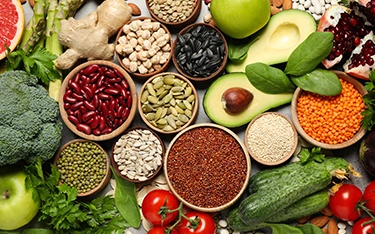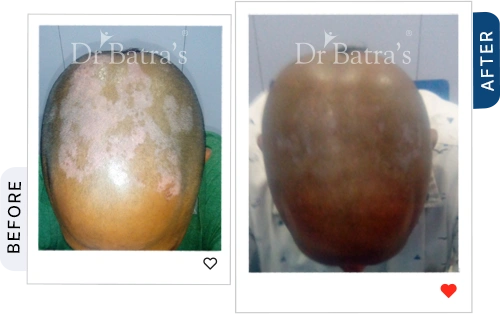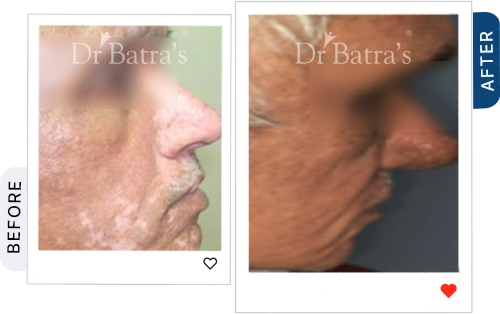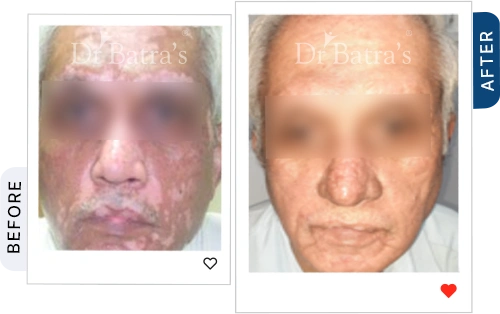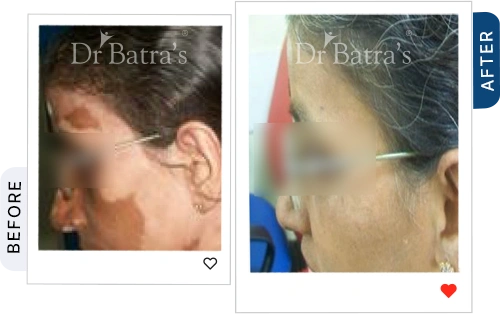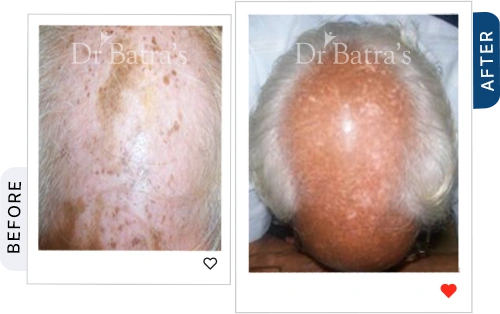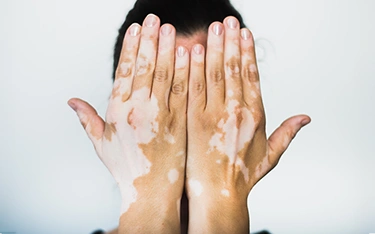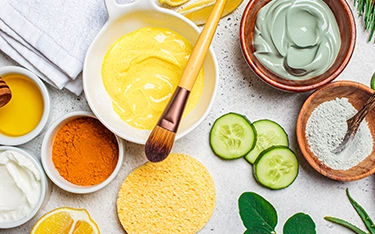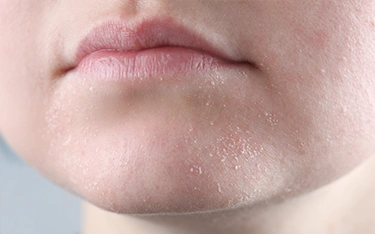FAQs
Can certain foods trigger vitiligo flare-ups?
Yes, processed foods, excessive dairy, and high-gluten diets can worsen vitiligo in some individuals.
Are there any specific diets proven to repigment vitiligo patches?
No diet can guarantee repigmentation, but an antioxidant-rich diet may support skin health.
How long does it take to see results from dietary changes?
It varies, but noticeable improvements in skin health may take a few months.
Can children with vitiligo benefit from dietary adjustments?
Yes, a nutrient-rich diet can help support immune function and overall skin health.
Is it safe to take multiple supplements simultaneously for vitiligo?
It is best to consult a specialist before combining multiple supplements.
